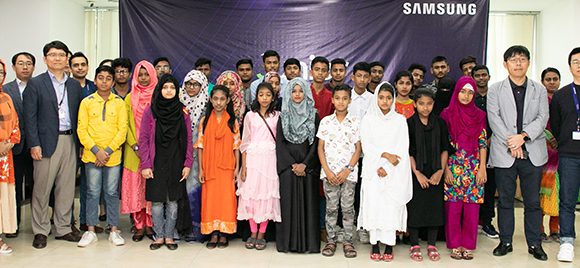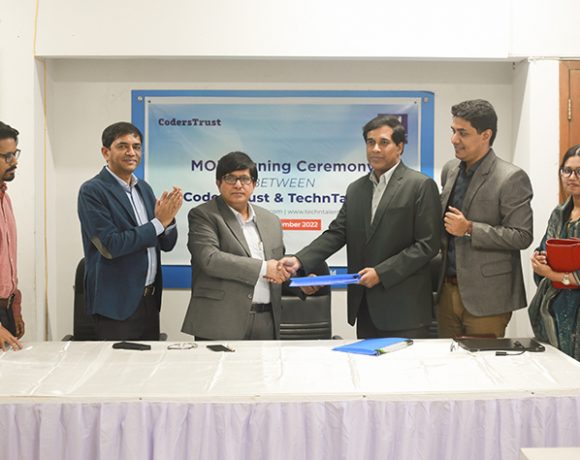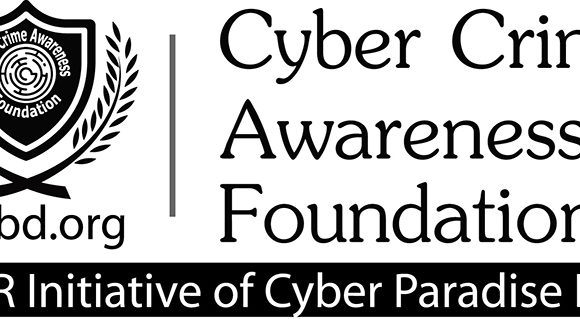Bangladesh VNRs at HLPF and Side Event on Accelerating Post COVID Recovery Using Data Revolution held

Bangladesh participated in her 2nd VNRs this year to share the progress of the Sustainable Development Goals (SDGs) with a pre-recorded video. Due to the unprecedented health crisis created by Covid-19, for the first time the all UN member states participated virtually the VNRs of this year.
Bangladesh’s VNRs started by playing an Audio-Visual clip-on SDG progress and COVID-19 response then M. A. Mannan Minister of Ministry of Planning, presented the key progress of Bangladesh, in his presentation, he highlighted the dramatic achievement in poverty reduction, gender parity in primary and secondary enrollment, reduction of under-5 mortality, access to electricity and Social protection coverage. He also mentioned other interventions undertaken by the Bangladesh government in order to achieve SDGs in time. Hon’ble Minister also demonstrated the actions taken by the Government to fight Covid-19 with the direct guidance of Hon’ble Prime Minister Sheikh Hasina. The Member Secretary of GED and Principal Coordinator (SDG Affairs), PMO addressed two follow-up questions asked by the delegates of India and Morocco.
And for the consecutive 4th times, a side-event on ‘Accelerating Post COVID Recovery Using Data Revolution’, was held virtually in the sideline of the High-Level Political Forum (HLPF) on 13 July 2020 to bring governments, development partners, UN entities, the private sector, and academia together to share best practices and exchange views on how to accelerate post COVID recovery using a collective data intelligence platform and create scope for collaboration within/among nations.
N M Zeaul Alam Senior Secretary of ICT Division & Masud Bin Momen Foreign Secretary of Ministry of Foreign Affairs, were present as special guests at the side event. Rabab Fatima, Ambassador and Permanent Representative, Permanent Mission of Bangladesh to the United Nations, moderated the program. The policy advisor of a2i, Anir Chowdhury was present at the panel discussion as a keynote speaker.
N M Zeaul Alam, expressed how the session generated an engaging discussion that has generated several ideas on how to accelerate post-COVID-19 recovery using data revolution, “Today’s forum provided an excellent opportunity to share knowledge and experience of using data to accelerate post-COVID-19 recovery. We received very valuable comments from all panelists on the ways the government can use data. We can establish a common data platform where we can produce global and local data sharing policies, collect data from each other, introduce common identifiers such as unique property reference numbers and shift from silo to whole-of-government approach to generate data as important policy influencer.”
Masud Bin Momen, stated in his remarks, “The main task of the post-COVID recovery would be to effectively resume trade, commerce, social value, agriculture, health system, etc., and to enable these to function at their previous levels and if possible, better. Data will play a crucial part in taking timely decisions concerning these areas.”
Rabab Fatima said, “As we are fighting the pandemic, it is essential that the public agencies, the private sector, telecommunication operators and academia work together to mobilize the true potential of the data revolution so that no one is left behind during Post-COVID-19 recovery.”

Anir Chowdhury was the keynote speaker and made the presentation during the program which highlighted Bangladesh’s use of data from the initial stages of the pandemic to trace and identify suspected cases, provide telemedicine services, upgrade social safety net services to assist highly impacted populations hit hard by the pandemic and analyze and develop best practices for a post-COVID-19 workforce. In terms of COVID-19 recovery, Mr. Chowdhury also emphasized on 5-pronged approach for improved Policy Making: Breaking data silos, Develop Data intelligent analytics, Encourage Public-private and academics partnership, Protect privacy of consumers and Facilitate Experimentation without Borders.
Next to the keynote presentation, a moderated panel discussion was held which involved high-level representatives from UN agencies and international organizations. The panelists discussed the importance of collaboration among governments, development partners, UN entities, the private sector, and researchers to share best practices through a collective data intelligence platform. They also noted how the platform can create scope for cooperation among nations, as well as allow them to take timely responses in crises.
Vincenzo Aquaro, Chief of Digital Government Branch, Division for Public Institutions and Digital Government, UNDESA, said, “Without the right data, good policies may be implemented for the wrong reasons. Accountability and review mechanisms will be insufficient, thus affecting SDG implementation.” He also highlighted the need for protecting the security of the data and privacy of users.”
Robert Opp, Chief Digital Officer, UNDP, mentioned that UNDP’s Accelerator Labs have been implemented in 60 countries to support governments in taking creative and innovative approaches to any crises, not just COVID-19. “The Accelerator Lab has jumped into action and assisted many of our country offices in mounting a response to COVID-19,” he continued.
Speaking of the Asia-Pacific SDG Gateway developed by UNESCAP, to allow countries and development partners access to SDG data for analysis, Ms. Gemma Van Halderen, Director of the Statistics Division, UNESCAP, expressed, “The Asia-Pacific SDG Gateway has been complemented by a COVID-19 policy response tracker which has turned into a one-stop-shop for access to policy responses across the region.”
Denis Nkala, Regional Coordinator (Asia – Pacific) of the United Nations Office for South-South Cooperation (UNOSSC) remarked, “In order to travel from point A to B, it is the data that will guide you and help you make the most effective decisions to reach your destination.”
Speaking of Somalia’s active surveillance system which has helped the country contain the virus, Mr. Abdirahim Muudey, Director, Coordination and Partnership Development, Ministry of Planning, Investment and Economic Development, The Federal Government of Somalia (FGS), commented, “In this difficult time, for a country responding to Covid-19, being ahead of the curve is the only way to limit the spread of the virus in the community. This can be done by enhancing active surveillance spanning the geographic coverage of the country.”
Ahmed Mushfiq Mobarak, Professor of Economics, Yale University, spoke of research outcomes that have indicated the level of risk Covid-19 has put a certain segment of a population in. “Covid-19 is not just a health issue, it is also an economic issue. We have seen a 40-80% drop in informal income globally. This has led to significant food security issues in many countries. Migrants and women are particularly at risk”, he mentioned.
Caroline Buckee, Associate Professor of Epidemiology, Harvard T.H. Chan School of Public Health, said, “Covid-19 revealed limitations in our data collection systems, but also pushed innovation with new analytical approaches. Moving forward, we must ask what is the goal of our data system. We need information that can help policymakers to make decisions.”
Niall O’higgins, Senior Research, and Technical Specialist, ILO, explained the importance of digital services in job matching functions in public employment services. He emphasized, “Digital platforms and data services has accelerated the spread of information for more systematic and representative sampling.”
Paul Meyer, CEO, The Commons Project, then stressed the importance of public-private partnerships in realizing the true potential of data during crises. “Public-private partnerships would mobilize the true potential of data revolution and help in sharing knowledge across borders.” Following the panel discussion session, an open discussion was held where panelists answered questions asked by the audience.
The event was jointly organized by the Permanent Mission of Bangladesh to the United Nations, Aspire to Innovate (a2i), Bangladesh, The Federal Government of Somalia (FGS), United Nations Office for South-South Cooperation (UNOSSC), South-South Network for Public Service Innovation (SSN4PSI), United Nations Department of Economic and Social Affairs (UNDESA), United Nations Economic and Social Commission for Asia and the Pacific (UNESCAP), United Nations Development Programme (UNDP), International Labour Organization (ILO), Harvard T.H. Chan School of Public Health, Yale University, The Commons Project, Future of Work Lab Bangladesh.








